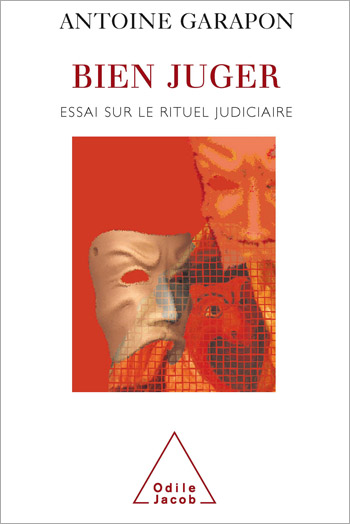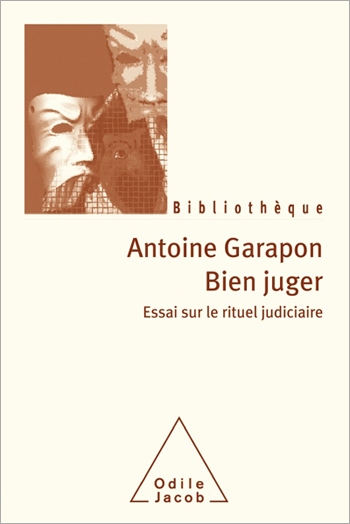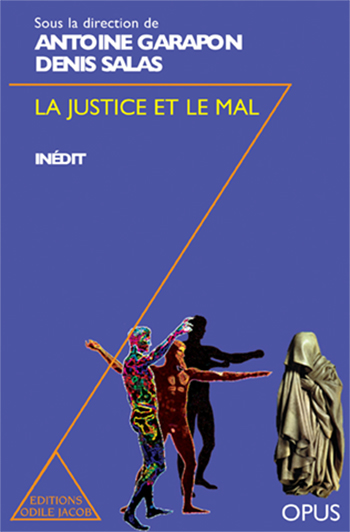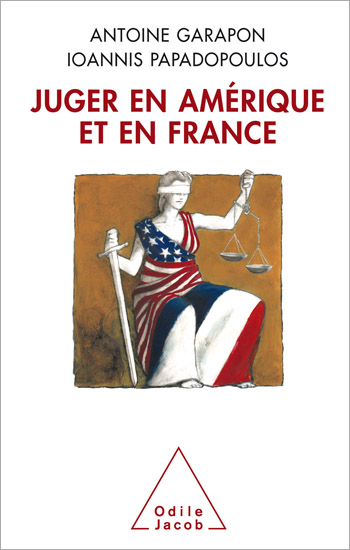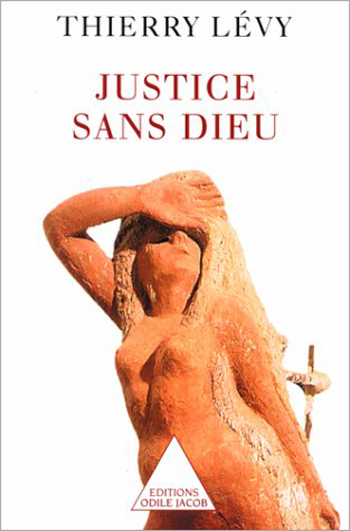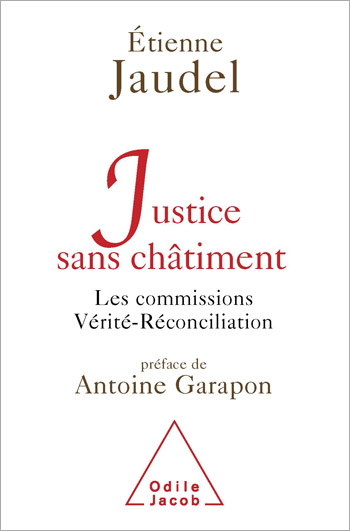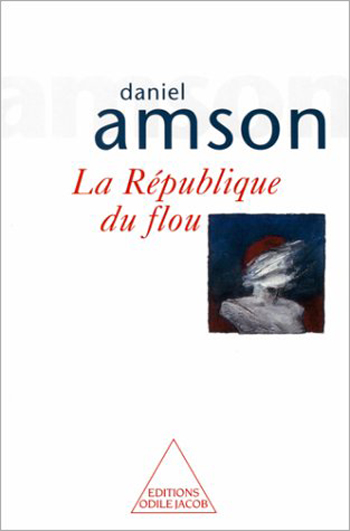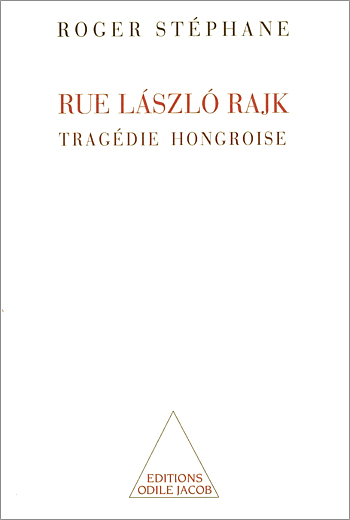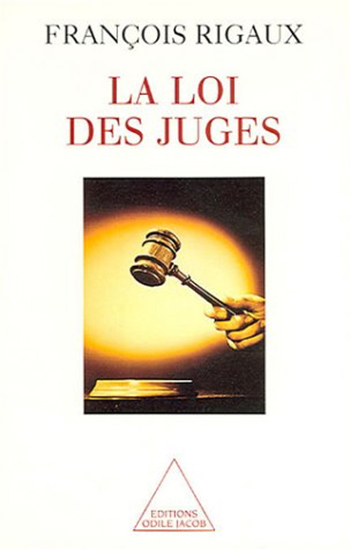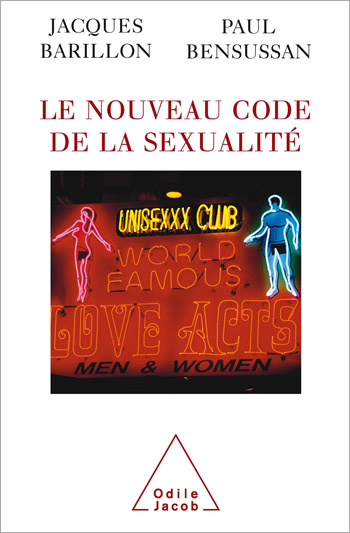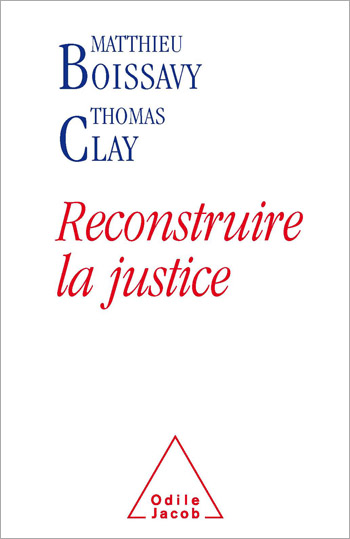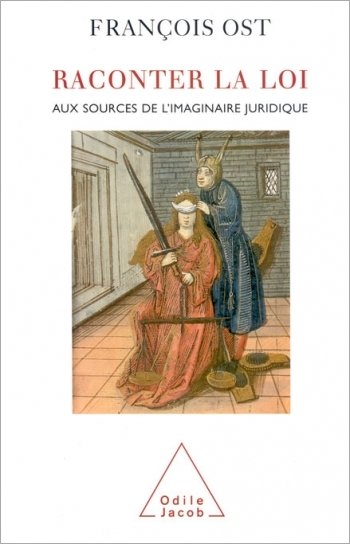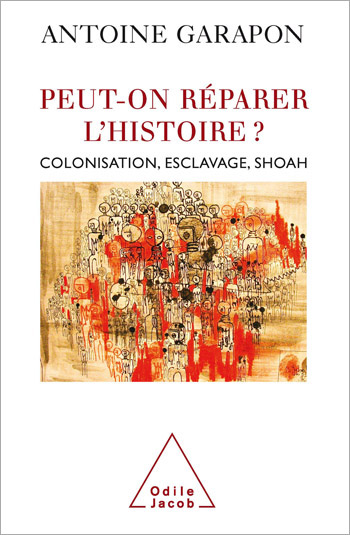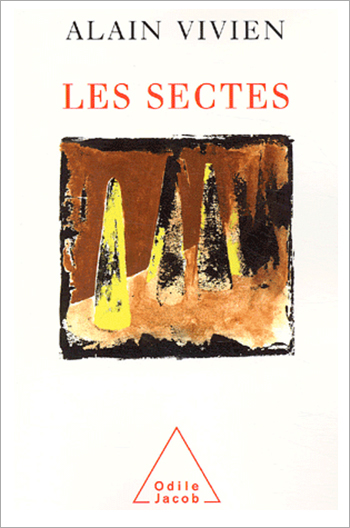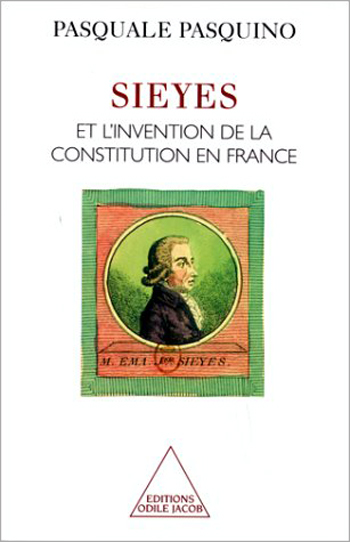Right, Justice All books
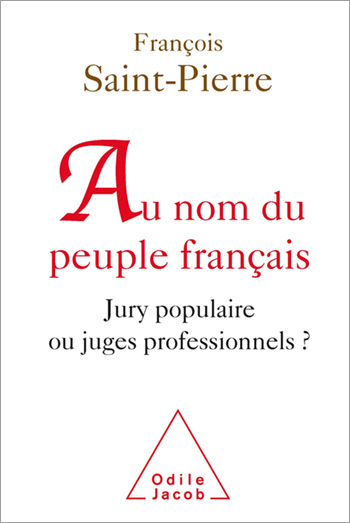
François Saint-Pierre
In the Name of the French People Trial by Jury or by Professional Judges?
Who should judge serious crimes?
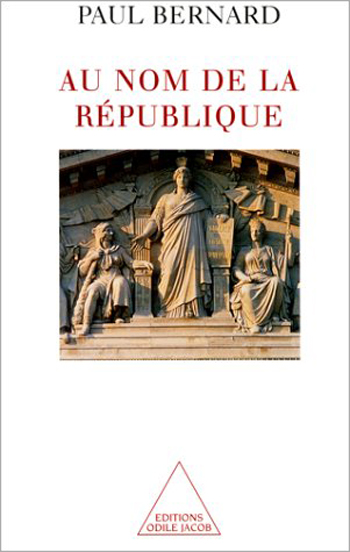
Paul Bernard
In the Name of the Republic
"Being a prefect is to do a job that comes with demands and responsibilities which are often not recognised. It is equally to accept a mission - that of representing the Republic. It is also adapting to the contradictions of the modern world." Paul Bernard Paul Bernard, a legal expert, has had a long prefectoral career which took him to various regions of France, including Aveyron, Sarthe and Corsica, before becoming the prefect of Rhône-Alpes and president of the Association du Corps Préfectoral et des Haut Fonctionnaires du Ministère de lIntérieur.
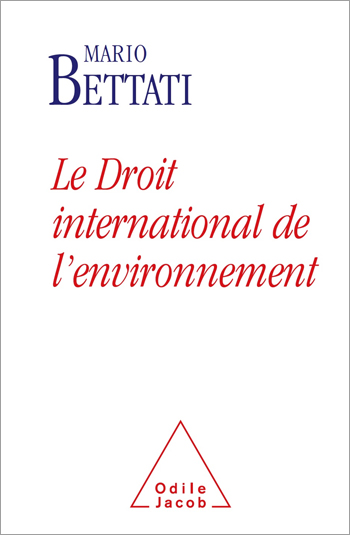
Mario Bettati
International Environmental Law
An indispensable book for students, diplomats and activists faced with attacks on the environment
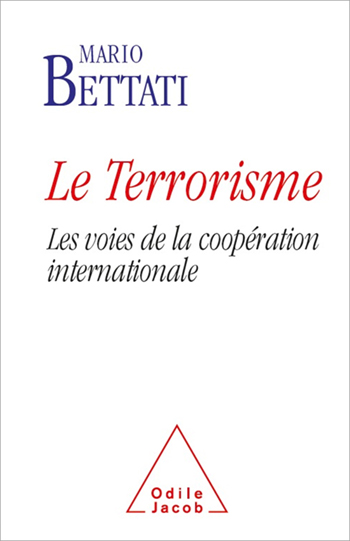
Mario Bettati
The International Struggle Against Terrorism
Terrorism and the anti-terrorist struggle appraised by an eminent European expert
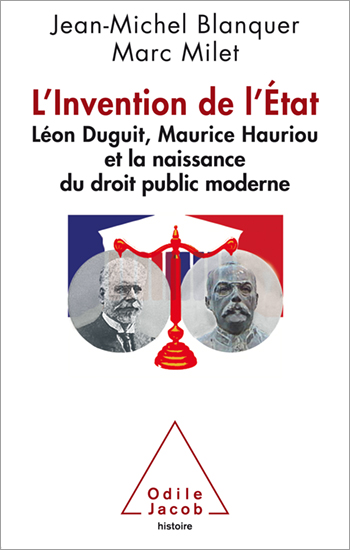
Jean-Michel Blanquer, Marc Milet
The Invention of the State Léon Duguit, Maurice Hauriou and the Birth of Modern French Public Law
How France’s judicial state was constructed in the early years of the 20th century, as reflected in the lives of two eminent legal figures
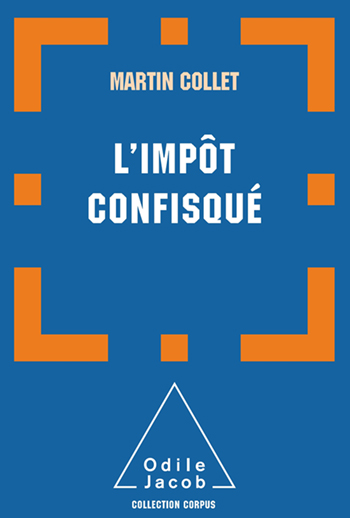
Martin Collet
Is Taxation Confiscation?
Who should decide on the legitimacy of taxation? The Law’s reply to a social issue

Antoine Garapon
Judging Well Essay on Judicial Ritual
Imagine for a moment that you assist at a trial for the first time. There is no doubt that you would be struck by the strange procedure which happens in front of you, the judicial discussions. It is true to say that before being a moral faculty, judging is firstly an event. According to the author, before there were laws, judges and courthouses, there was a ritual. This book aims to unveil all these facets, showing by example how the public gallery is there to culpabilise and inhibit the defendant, in order to make him submit to the judicial order. Can judges avoid staging trials in order to judge well ?
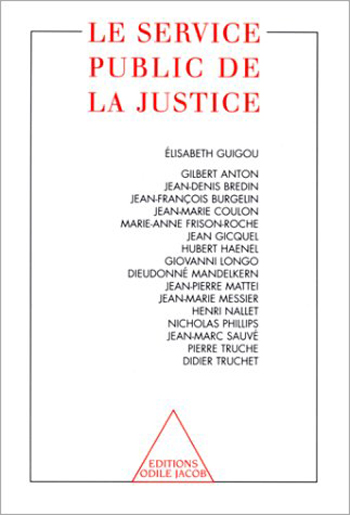
Collectif
The Judicial System as a Public Service
Should the judicial system be reformed ? This question is at the centre of lively debates. It is to institutions such as the chancellery, courts of law and magistrates, that it falls to forge the judicial system, the deliverer of order, equilibrium and social cohesion. However, these institutions seem today to be weak, both in terms of organisation, and in methods of recruitment. It is thus necessary that changes are made. This is especially so as the duty of the judicial system is to operate in such a way that all individuals remain citizens, by delivering them judgements in a reasonable timescale which are certain to be respected. In this respect, it is a public service. The objective of this book is to assess the forms and the effects of a decisive reform in order to benefit our society.
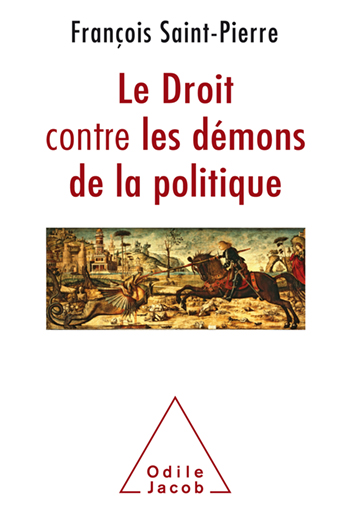
François Saint-Pierre
The Law against the demons of politics
If in the future even a government resulting from regular elections decided to implement an unworthy policy, contrary to the fundamental rights of people, could the justice system oppose it and defend the essential, the rule of law?
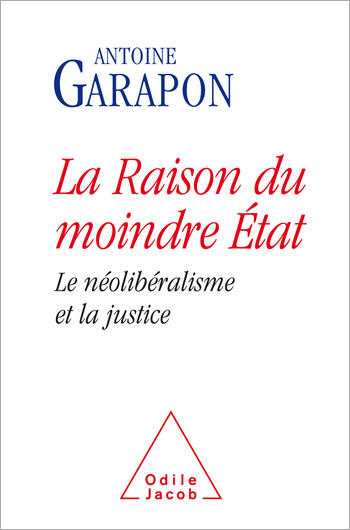
Antoine Garapon
Neoliberal Justice
An indispensable tool of critical thought to reach an independent opinion.
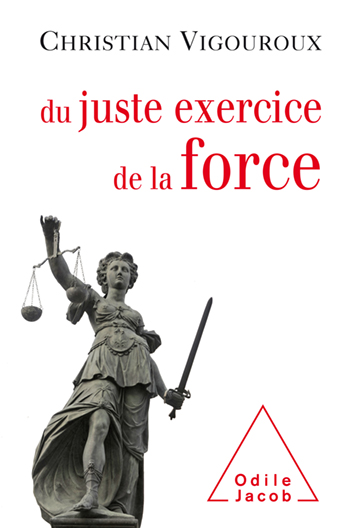
Christian Vigouroux
On the Need for Using Force …As long as there are guidelines
An incisive essay on what democracies can do when faced with violence. Thoughtful comments that add depth to current debates about security and respecting freedom. A talented essay-writer who combines political musings and literary references. The author’s high political office grants him a particular legitimacy for commenting on these subjects.
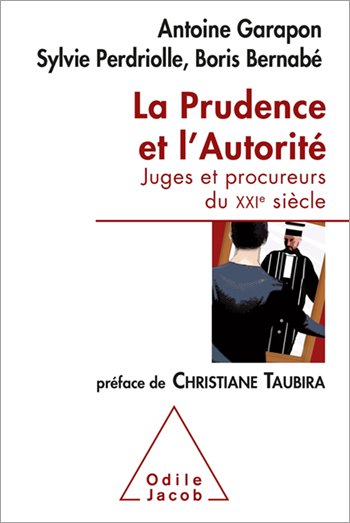
Antoine Garapon, Sylvie Perdriolle, Boris Bernabé
Prudence and Authority The Judge’s Role in the 21st Century
The new role of French judges, according to a report that will be submitted to the government in January 2014
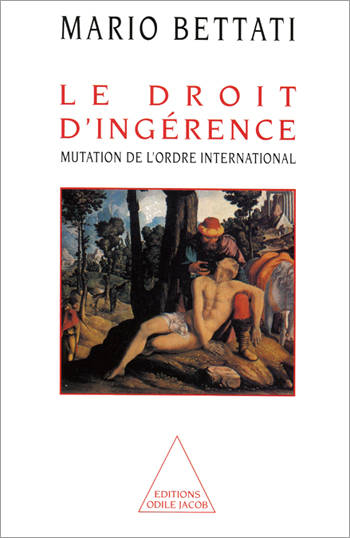
Mario Bettati
The Right of Interference Transformation of International Order
Inventor of the "right of interference", Mario Bettati, a professor of International Law, explains in this book the precise political circumstances and the legal context under which the right of humanitarian interference came about. This book is divided into four parts which follow both a chronological and a logical order. Beginning with interference as verbal denunciation, following with interference as medical assistance, he speaks of forced interference (Yugoslavia, Somalia and Rwanda) and finishes by dissuasive interference (courts for crimes against humanity and conflicts observatories). A thorough presentation of an important subject.
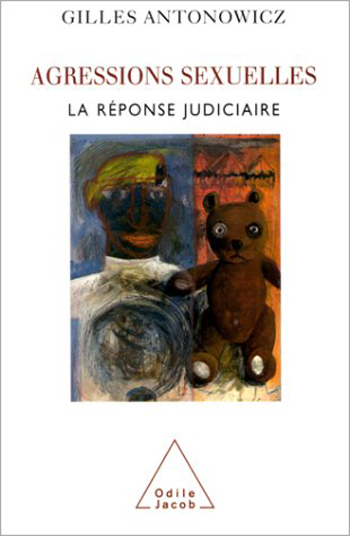
Gilles Antonowicz
Sexual Crimes The Reponse of the Judiciary
What is the value of the testimony of a minor who declares having been sexually abused by a family member? What procedures does the judiciary follow to try to prevent the risk of a false allegation? The author explains and comments on the judicial procedure for these sensitive cases, which are often long, complex and very trying. The author goes on to ask if the time has not come to reconsider the status of the victim in these penal proceedings. Gilles Antonowicz is a lawyer specialising in cases concerning the sexual abuse of minors.
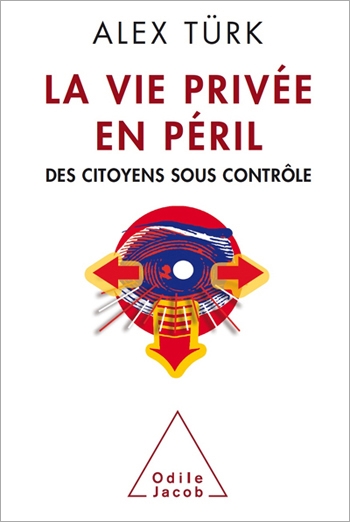
Alex Türk
Society Under Surveillance
An advocate of democratic vigilance, Alex Türq calls for a wide-ranging discussion on all these issues.

